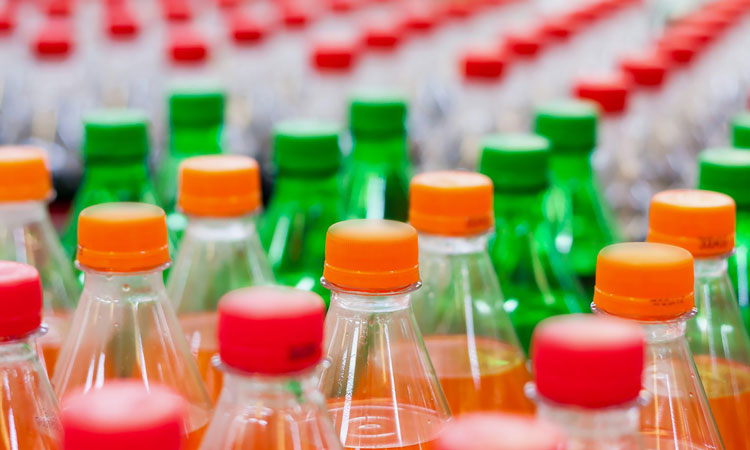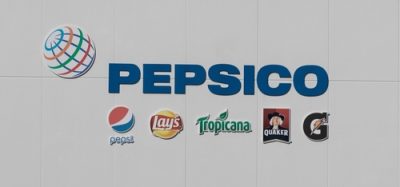Improving your analytics for beverage analysis with ion chromatography
- Like
- Digg
- Del
- Tumblr
- VKontakte
- Buffer
- Love This
- Odnoklassniki
- Meneame
- Blogger
- Amazon
- Yahoo Mail
- Gmail
- AOL
- Newsvine
- HackerNews
- Evernote
- MySpace
- Mail.ru
- Viadeo
- Line
- Comments
- Yummly
- SMS
- Viber
- Telegram
- Subscribe
- Skype
- Facebook Messenger
- Kakao
- LiveJournal
- Yammer
- Edgar
- Fintel
- Mix
- Instapaper
- Copy Link
Posted: 28 June 2021 | Metrohm | No comments yet
New Food recently hosted a webinar in association with Metrohm, which discussed the benefits of ion chromatography for beverage analysis with a special focus on automated inline sample preparation techniques.


In a recent webinar, attendees learned the essential differences between High-performance liquid chromatography (HPLC) and ion chromatography (IC) when used for beverage analysis.
HPLC is typically used to separate complex mixtures with large organic (nonpolar) molecules by utilising their affinities for different solvents and interactions with modified stationary phases. However, many analytes required for food and beverage testing are either ions or polar molecules, which cannot be measured by HPLC.
Whereas IC is a simple and robust analysis technique which allows determination of similar chemical substances in a single chromatographic run. Ionic or polar analytes can be determined in complex matrices with superior sensitivity and reproducibility using analytical separation columns made of ion exchange resins. The analytes undergo chemical/electrostatic interactions with the column resin. Due to such interactions, these analytes are retained more strongly than on reversed-phase columns. This allows for excellent separation from the matrix components.
Can I switch between applications with a single instrument setup?
Absolutely! However, every sample requires preparation before injection into the chromatographic system. In most cases, this means sample dilution or filtration. This procedure can be done manually (which is time consuming) or completely unattended utilising automated Metrohm Inline Sample Preparation (MISP) techniques. Therefore, several different sample types (eg, tea, coffee or juices) can be analysed one after another for the same analyte profile, such as sugar content. The sample matrices can vary widely, as Metrohm offers various MISP techniques to get the cleanest possible extract for injection and subsequent separation and quantification of the target analytes.
How robust is IC when it comes to analytes that require stabilisation?
Determination of samples containing analytes that must be stabilised prior to analysis (eg, sulphites) is even more robust when using IC for the task. Even if samples have been stabilised, the detection can be disturbed by electrode fouling in the amperometric detector. To avoid this process (which is common in Direct Current mode), a short automatic cleaning method can be applied between the sample analyses for stabilisation of the signal – results last for up to three weeks. This means no manual polishing steps and no disposable accessories are required.
If a series of different samples are analysed for the same parameter, will the instrument automatically calculate the dilution factor for each individual sample?
When working with the logical Inline Dilution setup, samples containing analytes in different concentration ranges can be determined automatically with correct results. Because every single sample can contain varying concentrations of analytes, the software calculates the dilution factors individually for each sample. The summary report then gives the correct results from the first and second determinations.
Are the results traceable?
In short, yes. The MagIC Net software has been developed by Metrohm to intelligently operate the instruments and provide full traceability of results. All parameters of the system components, for example, the series number or the separation column, are documented thanks to the intelligent chip technology integrated into various working parts of the instrument.
Watch the webinar here on-demand to find out more.
Issue
Related topics
Beverages, chromatography, Liquid chromatography–mass spectrometry (LC-MS), Quality analysis & quality control (QA/QC)









